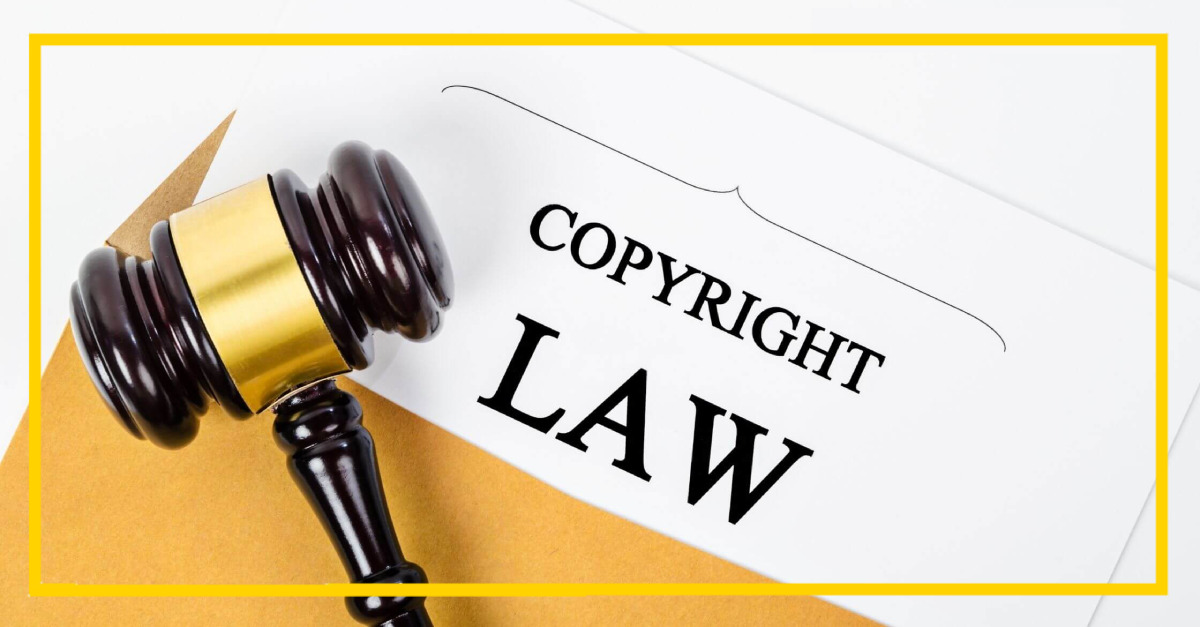In this comprehensive guide, we'll delve into the fascinating realm of copyright in India. We'll begin by understanding what copyright is and which works it can protect. We'll explore the Copyright Law in India, the duration of copyright, and examine the Indian perspective on copyright protection. Additionally, we'll take a closer look at the response of the Indian judiciary to copyright matters and answer some frequently asked questions, shedding light on key aspects of copyright laws in India.
What is Copyright?
Copyright Act – Copyright is a legal concept that grants the creator of an original work exclusive rights to its use and distribution. It serves to protect the intellectual property of creators by preventing others from using, copying, or distributing their work without permission.
What Type of Works can be protected by Copyright?
Copyright protection extends to a wide range of creative works, including literary, artistic, musical, and dramatic works. This encompasses books, paintings, songs, plays, and more. We’ll explore these protected works in detail.
Copyright Act in India
In India, copyright is governed by the Copyright Act, which outlines the rights of creators and the legal framework for intellectual property protection. We’ll delve into the key aspects of this law and how it safeguards the rights of creators.
Duration of Copyright
Copyright protection is not perpetual; it has a limited duration. Understanding the duration of copyright is essential for creators and copyright holders. We’ll explain how long copyright protection typically lasts.
Indian Perspective on Copyright Protection
India has a unique perspective on copyright protection, influenced by its rich cultural and creative heritage. We’ll explore how this perspective shapes the legal and social aspects of copyright in the country.
Indian Judiciary Response
The Indian judiciary plays a vital role in interpreting and applying copyright laws. We’ll look at some noteworthy cases and the response of Indian courts to copyright matters, shedding light on legal precedents.
FAQs
What is the Copyright Act 1957 in India?
The Copyright Act of 1957 is the primary legislation governing copyright in India. It provides the legal framework for the protection of intellectual property.
What is the Indian Copyright Act 2013?
The Indian Copyright Act of 2013 is an amendment to the Copyright Act of 1957, updating and modernizing copyright laws in India.
What is Rule 75 of the Copyright Act?
Rule 75 under the Copyright Act deals with copyright societies and their functions.
What is Rule 70 of copyright laws?
Rule 70 pertains to the voluntary licensing of copyrighted works.
What is the law of copyright?
The law of copyright encompasses legal provisions and regulations governing the protection of creative works.
What is Section 72 of the Copyright Act?
Section 72 of the Copyright Act deals with the effect of the expiration of copyright.
What is the Copyright Act 2012?
The Copyright Act of 2012 is not a separate act but rather an amendment to the existing Copyright Act of 1957.
What is Section 22 of the Copyright Act?
Section 22 addresses the rights of the author or creator of a work.
What is Section 67 of the Copyright Act?
Section 67 deals with the penalty for making false statements regarding copyright.
What is Rule 29 of the Copyright Act?
Rule 29 relates to the statutory licenses for broadcasting organizations.
What is Rule 49 of the Copyright Act?
Rule 49 pertains to the compulsory licensing of copyright.
What is 102 of copyright law?
Section 102 of the Copyright Act defines infringement of copyright.
What is the Copyright Act 52?
The Copyright Act of 1952 is not a separate act but may refer to an earlier version of copyright legislation.
What is 106 of copyright law?
Section 106 of the Copyright Act enumerates the exclusive rights of the copyright owner.
What is Form 14 in the Copyright Act?
Form 14 is a legal form used for copyright-related purposes.




